
Molly Barlow Anderson, PhD
PhD, University of Florida, 2020
Research interests
After earning my PhD in the spring of 2020, I began working under the mentorship of Dr. Catherine Stanger to investigate the use of digital interventions to improve health behaviors, and to leverage behavioral economics to better understand effective intervention components. Since completing my T32 training at Dartmouth, I have accepted a Senior Scientist position at Advocates for Human Potential, Inc. In this role, I conduct research to assess and evaluate substance use prevention and recovery programs.
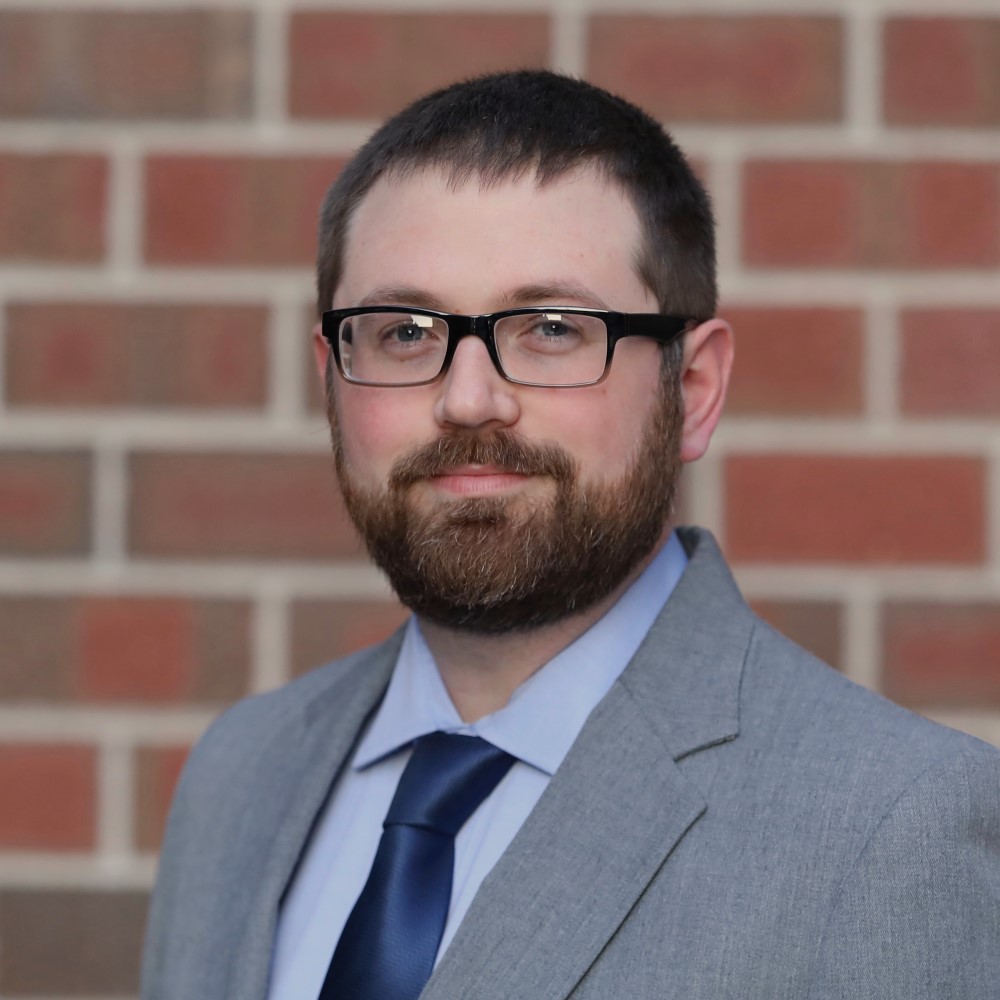
Steven F. Babbin, PhD
PhD in Experimental Psychology, University of Rhode Island, 2014
Research interests
During my T32 training at Dartmouth, I worked with Dr. Stanger and Dr. Budney on interventions for adolescent cannabis use disorders. After my T32, I entered the field of institutional research. I am currently a Senior Research Analyst at the Office of Institutional Research at Tufts University. My work primarily involves survey research projects, data analytics, and consultation for internal and external stakeholders. Topics of interest include student outcomes, enrollment, alumni, accreditation, and federal reporting.

Jacob Borodovsky, PhD
PhD, The Dartmouth Institute for Health Policy & Clinical Practice, 2018
Research interests
I am a Research Scientist and Epidemiologist at CTBH and the Department of Biomedical Data Science in the Dartmouth Geisel School of Medicine. I received my PhD from the Dartmouth Institute for Health Policy and Clinical Practice under the mentorship of Drs. Lisa Marsch, Alan Budney, and Emily Scherer. I completed my postdoctoral training at the Washington University School of Medicine in St. Louis under the mentorship of Drs. Richard Gruzca and Laura Bierut and was awarded an NRSA F32 fellowship by the National Institute on Alcohol Abuse and Alcoholism during this time. My research interests lie at the intersection of addiction, epidemiology, statistical methods, and policy. I enjoy thinking about and trying to answer questions such as, “Why do humans use drugs?” “What is the best way to measure drug use?” and “What happens to drug use behaviors when we try to modify them with population-level regulations and individual-level interventions?"
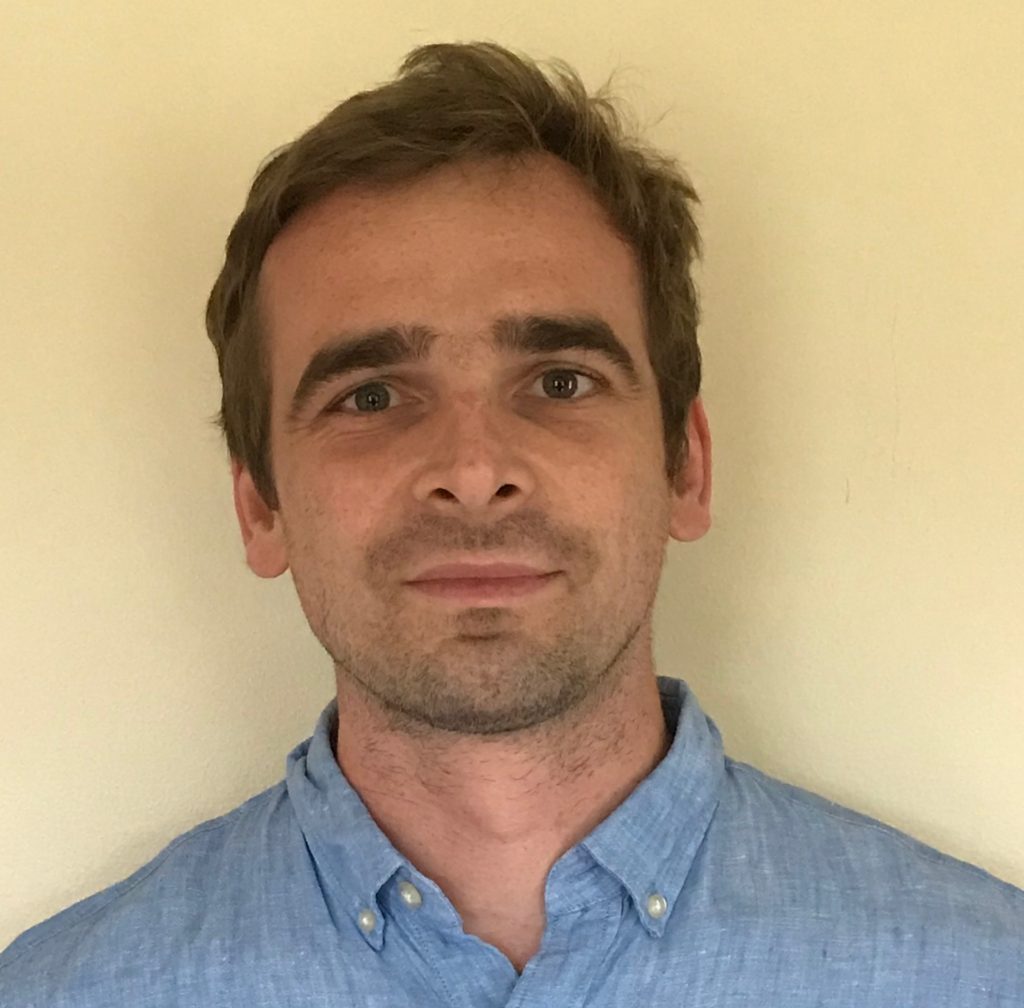
John Brand, PhD (Affiliated Trainee)
PhD in Experimental and Applied Psychology, Concordia University
Research interests
My research studies the interface between the attention system of the human brain and childhood and adolescent health. I am particularly interested in the use of cognitive paradigms to isolate and understand the role that attention may play in public health issues, such as childhood obesity and youth tobacco use. During my PhD, I trained in theoretical cognitive psychology and the development of cognitive paradigms of attention including eye-tracking methodology. I am currently working under the supervision of Dr. Diane Gilbert-Diamond to create eye-tracking protocols to investigate the role of attention and media multi-tasking on food cue reactivity in children, an important predictor of childhood obesity. Additionally, Dr. Gilbert-Diamond and I are working with Dr. James Sargent to use eye-tracking methodology to investigate the association between exposure to electronic-cigarette ads and adolescent smoking initiation, an association that may have important policy implications for the FDA.

Reed Bratches, PhD (Affiliated Trainee)
PhD, The Dartmouth Institute for Health Policy & Clinical Practice, 2022
Research interests
Dr. Reed Bratches received his PhD from The Dartmouth Institute for Health Policy & Clinical Practice at the Geisel School of Medicine at Dartmouth. There, his research interests primarily involved the use of mixed methods to inform the development of interventions to support the informational needs of family caregivers from clinic visits. He has experience with the design and conduct of systematic reviews and meta analyses, surveys, and clinical trials. Dr. Bratches is currently a T32 Postdoctoral Fellow at the University of Alabama at Birmingham in the Center for Outcomes and Effectiveness Research and Education.

Marissa Clark, BS
Marissa Clark completed her Masters Degree in the context of the Psychological and Brain Sciences Ph.D. program after working under the supervision of Dr. Luke Chang. Broadly, she focused on understanding how the brain processes emotion. The goal of her primary project was to develop and validate robust, generalizable brain representations linked to multiple varieties of emotional experience, and analyze the structure of those brain representations to characterize the underlying dimensionality and organizational principles. The aim was to use these data to deliver brain and psychological interventions expected to influence emotion by changing target brain patterns. Marissa left the PhD program after completing her Masters requirements to begin a position as a Data Scientist applying data science and machine learning to problem solve consumer issues.
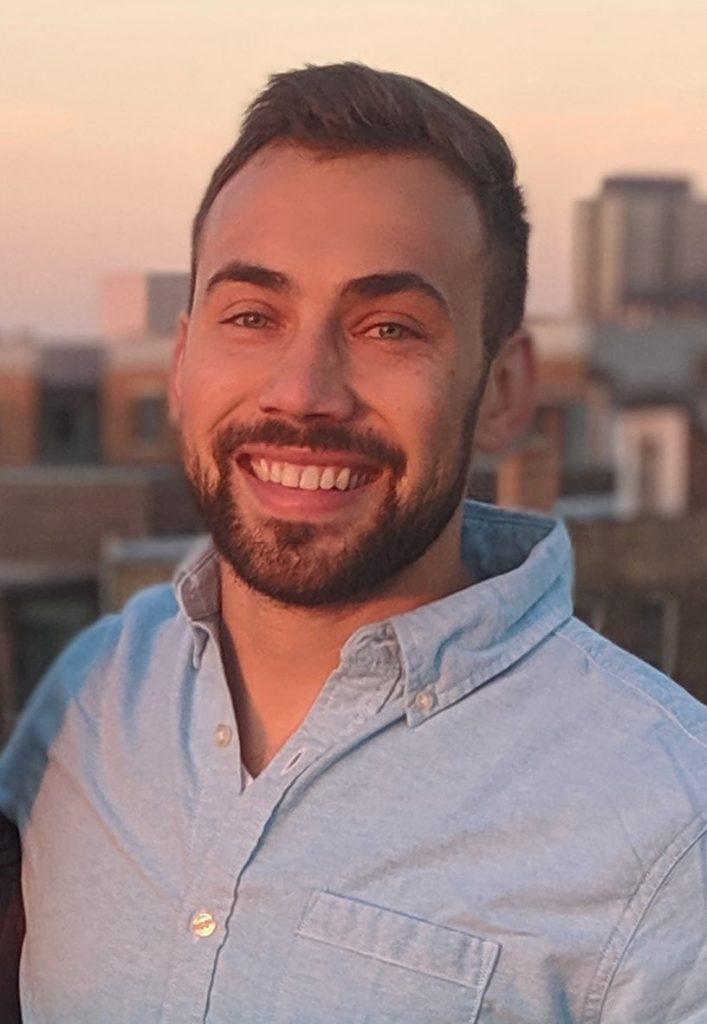
Alex daSilva, PhD
PhD in Psychological and Brain Sciences, Dartmouth College, 2021
Research interests
I completed my PhD at Dartmouth College with Dr. Meghan Meyer in the Dartmouth Social Neuroscience Lab. Broadly, my research centers around using passively collected data from smartphones to better understand aspects of mental health. Of particular interest is using conversation detected from smartphones as a proxy for social behavior to see how mental health impacts real-world social interactions. I am currently working as a Quantitative Scientist with Merck.
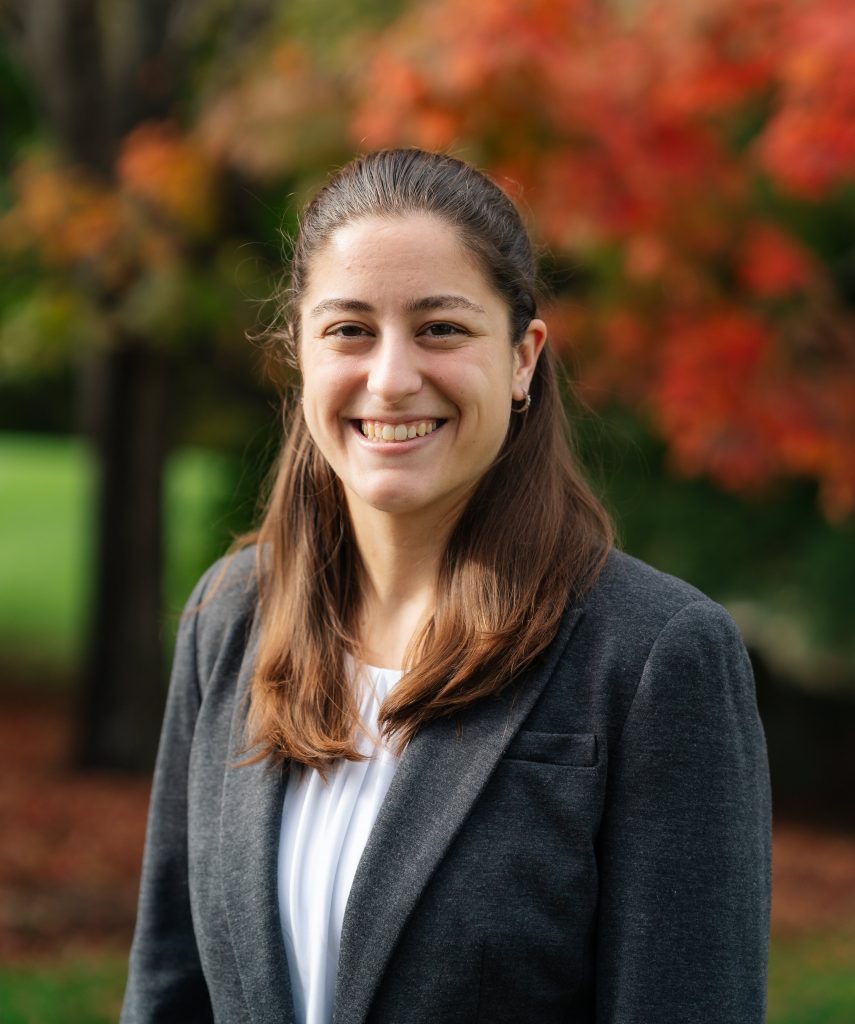
Danielle Fournier, PhD
PhD, in Experimental and Molecular Medicine (Neuroscience), Dartmouth College, 2021
Research interests
The focus of my dissertation research was on the neurobiology of learning and memory, which includes how different memory systems impact acquisition, consolidation, and retrieval of memory. I am now a Post-Doctoral Scholar in the Todd Lab in the Department of Psychological and Brain Sciences at Dartmouth College. I am continuing an investigation into the role of the retrosplenial cortex in cross-modal (e.g. auditory & visual cues) integration, which has implications for disorders involving sensory processing abnormalities (e.g. schizophrenia & autism spectrum disorder). Previous research has motivated my work in understanding how the retrosplenial cortex impacts persistent and strong fear memories involving specific environments ("contexts") and/or cues using different associative learning paradigms. This research relates to work being done on post-traumatic stress disorder which involves the generalization of fear responses to otherwise neutral contexts or stimuli.

Joy Gabrielli, PhD
PhD in Experimental Psychology, University of Arkansas, 2016
Research interests
Since my T32 training at Dartmouth, I have accepted a position as Assistant Professor in the Clinical and Health Psychology Department at the University of Florida (UF). In this role, I have established the Youth Risk and Resilience Lab, where I engage in research on prevention of and intervention for adolescent health risk behaviors. At UF, I also mentor graduate students training in clinical child psychology, run the outpatient Adolescent Mental Health Clinic, and remain active in areas of research I initiated during my training through the T32 program.

Angela M. Henricks, PhD
PhD in Experimental Psychology, Washington State University, 2016
Research interests
Using a wide range of pharmacological, behavioral, and neurobiological techniques, my research career has continually focused on understanding the neural mechanism that underlie substance use and mental illness, with a special focus on sex differences. After my post-doctoral training at Dartmouth, I accepted a tenure-track assistant professor position in the Department of Psychology at Washington State University. As a faculty member, I am building my research program based on data collected while a T32 trainee at Dartmouth, while also mentoring graduate students and teaching both undergraduate and graduate courses.

Jibran Khokhar, PhD (Affiliated Trainee)
PhD in Social and Health Psychology, North Dakota State University, 2020
Research interests
Dr. Jibran Khokhar is an associate professor at the University of Toronto. Dr. Khokhar’s research aims to understand the mechanisms underlying co-occurring serious mental illness and substance use disorders, using a variety of behavioural, pharmacological and translational neuroimaging techniques. In addition, his research interests also include assessing the long-term effects of adolescent drug (e.g., cannabis) use, and how these effects might contribute to the risk for serious mental illness and addiction. Lastly, Dr. Khokhar is also very interested in profiling the pharmacokinetic parameters related to different routes of exposure to drugs like nicotine and cannabis, as well as the impact of development and sex on these profiles.
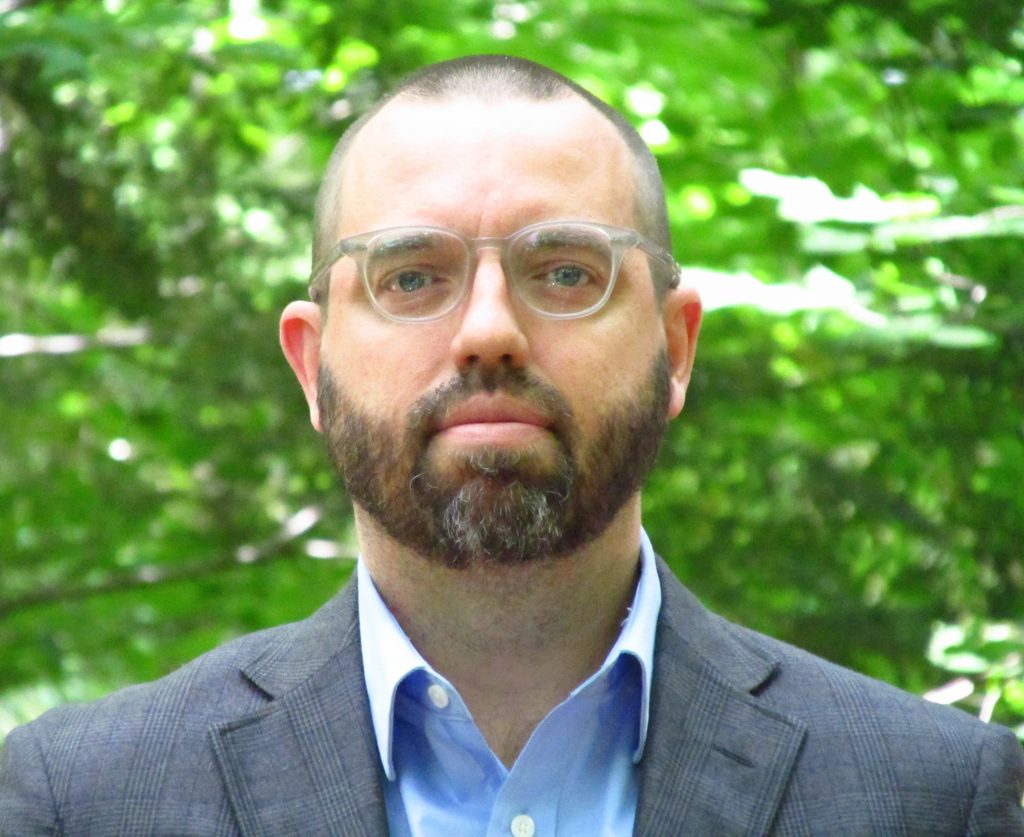
Robert Klein, PhD
PhD in Pharmacology and Toxicology, University of Toronto, Toronto, Ontario, 2012
Research interests
I was a NIH T-32 postdoctoral fellow at the Center for Technology and Behavioral Health (CTBH). I have a background in wilderness therapy leadership, and recently received my PhD in Social and Health Psychology from North Dakota State University. I trained under Dr. Michael Robinson and, thus far, my work has focused on affect, emotion reactivity, cognition, and experiential acceptance. I have 1) piloted new high-resolution measures of emotion reactivity designed to reveal the temporal signatures of maladaptive emotion generation systems, and 2) examined the links between traditional Buddhist teachings, acceptance, and emotion reactivity. At the CTBH, I was mentored by Dr. Nicholas Jacobson and planned to focus on more applied research targeting co-occurring disorders. I am interested in leveraging technology to investigate the intersection of cognition, emotion reactivity, and substance abuse disorders. After CTBH, I plan to transition to industry and work within the digital well-being intervention space. In my free time, I have cycled across two continents, enjoy traveling, building canoes, canoe-camping, ping-pong, and I am slightly obsessed with French cooking techniques.

Ashley Knapp, PhD
PhD in Experimental Psychology, University of Arkansas, 2016
Research interests
I am a Research Assistant Professor within the Feinberg School of Medicine at Northwestern University. My research interests involve leveraging emerging technologies to study the vulnerability of anxiety and related psychopathology in adolescents and to develop and evaluate effective prevention programs designed to reduce the incidence of anxiety and related disorders. I was recently awarded a NIMH-funded K01 award focused on digital mental health, with emphasis on harnessing digital tools to extend preventive interventions to underserved youth in community settings. I received my PhD in experimental psychology from the University of Arkansas (2016), where I was awarded a NIMH-funded F31 to develop and evaluate a brief anxiety “preintervention” for at-risk youth. I went on to complete postdoctoral fellowships at the Center for Technology and Behavioral Health at Dartmouth College (2018) and at the Center for Behavioral Intervention Technologies at Northwestern University (2019).

Amy Lansing, PhD (Affiliated Trainee)
PhD in Clinical Psychology, Department of Psychology, University of Utah, 2015
Research interests
Dr. Hughes Lansing is a pediatric (child clinical health) psychologist and a tenure track assistant professor at the University of Vermont. Her primary research interest is in examining complex biosocial systems underlying daily health behaviors in youths and families and translating that knowledge into highly scalable and pragmatic digital health interventions. She adopts an interdisciplinary and micro-analytic approach to investigating biobehavioral and social mechanisms that undergird health behavior regulation in the daily life of youths with chronic health conditions and youths at risk for substance abuse. Dr. Hughes Lansing’s research uses advanced technologies and methods to examine and intervene in daily health behaviors including: mobile sensing, intensive longitudinal modeling, neuroimaging, and technology-delivered interventions. Outside of the lab, Dr. Hughes Lansing enjoys exploring the outdoors, hiking, camping, and skiing throughout the seasons.

Dustin Lee, PhD
PhD, University of Kentucky, 2013
Research interests
I am currently an Assistant Professor at the Behavioral Pharmacology Research Unit in the Department of Psychiatry and Behavioral Sciences at Johns Hopkins University. My current research focuses on better understanding the behavioral pharmacology of and treatments for tobacco and cannabis use disorders. I currently have NIDA-funded studies evaluating cannabidiol for tobacco use disorder, and examining the impact of cannabis tolerance on laboratory and roadside measurements of cannabis impairment.
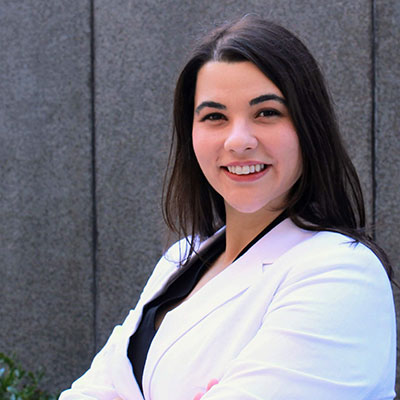
Shea Lemley, PhD
PhD in Behavioral Psychology, University of Kansas, 2018
Research interests
After completing my T32 training at Dartmouth, I accepted a National Science Foundation Innovative Postdoctoral Entrepreneurial Research Fellowship (I-PERF). In this role, I am working with a start-up company that is developing technology to optimize behavioral therapy. In this role, I provide subject matter expertise on methods, analyses, and clinical procedures to improve products and services.
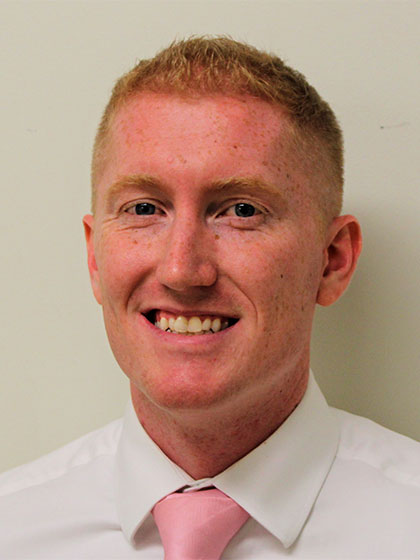
Travis Masterson, PhD
PhD in Nutritional Sciences, The Pennsylvania State University, 2018
MS in Exercise Sciences – Health Promotion, Brigham Young University, 2015
BS in Exercise and Wellness, Brigham Young University, 2013
Research interests
I am currently an assistant professor in the Nutritional Sciences Department at The Pennsylvania State University and Director of the Health, Ingestive Behavior, and Technology Laboratory. My research focuses on the impact of technology on health and using technology to improve health outcomes such as food intake and weight. Specifically, I am currently working to understand the impact of livestreaming on platforms such as Twitch and YouTube and the associated marketing practices on eating behaviors. I am also leveraging technology such as virtual reality (VR), smartphones, and fMRI to better understand eating behavior and provide tools for those interested in improving their eating behaviors.
Contact Information
tpm5262@psu.edu
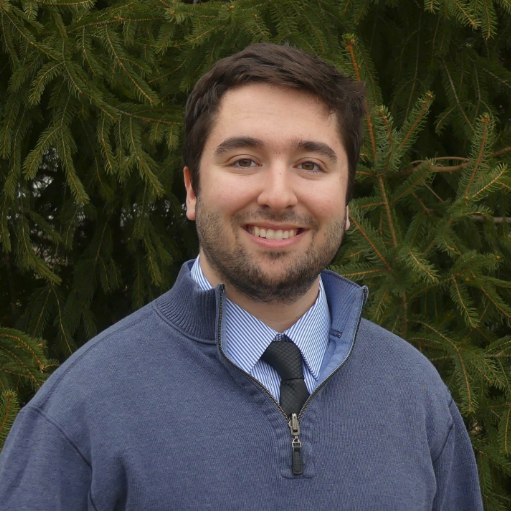
Matthew Nemesure, PhD
PhD in Quantitative Biomedical Sciences, Geisel School of Medicine at Dartmouth College, 2023
Research interests
Dr. Matthew Nemesure received his PhD in Quantitative Biomedical Sciences through the Geisel School of Medicine at Dartmouth. His research interests primarily involved the use of machine learning and statistical tools to assist in understanding, diagnosing and treating substance use and mental health disorders. Specifically, he was involved in developing tools to both help with digital intervention allocation for Major Depression Disorder (MDD) as well as understand how MDD dynamics change over time, leading to the development and deployment of just-in-time interventions. This model of care would be able to adapt the content and delivery of a digital intervention based on a person’s symptoms and needs at a given point in time. Additionally, Dr. Nemesure applied innovative statistical and data science methods in other areas of mental health to make meaningful change. Examples of this work include models to better understand psychotic-like events in cannabis users, models to predict suicidal ideation and completed suicide in an epilepsy clinic, models to better describe the day-to-day experience of anxiety and treatment allocation models in mental health disorders outside of MDD. Dr. Nemesure is currently a Senior Data Scientist - Natural Language Processing at the D^3 Institute at Harvard.

Tonychris Nnaka, PhD
PhD in Clinical Psychology, University of Texas at Austin School of Nursing, 2022
Research interests
Dr. Nnaka earned his PhD from the University of Texas at Austin School of Nursing under the NIH-funded T32 Precision Health Intervention Methodology Training in Self-Management of Multiple Chronic Conditions. He is a health disparities and heart disease researcher, with a primary research interest in the use of digitized intervention approach to promote adherence to self-management behaviors among patients with heart diseases. As a research fellow at Dartmouth College, Dr. Nnaka was mentored by Dr. Catherine Stanger and worked with her in delivering a digital health clinical trial intervention for type 1 diabetes management targeting young adults. Dr. Nnaka joined the University of Texas Health Science Center College of Nursing in Fort Worth, Texas as a tenure-track associate professor.

Elizabeth Saunders, PhD
PhD, The Dartmouth Institute for Health Policy & Clinical Practice, 2020
Research interests
After completing my T32 training at Dartmouth in January of 2021, I accepted a Senior Scientist position at Advocates for Human Potential, Inc., where I now conduct research and provide consulting to better understand, prevent, and treat Substance Use Disorders. Currently, my work is focused on addressing opioid misuse, examining public health implications of cannabis legalization, and investigating strategies to mitigate harm associated with problematic or risky cannabis use. After earning my PhD in the summer of 2018, I began working with Dr. Alan Budney to leverage behavioral economic methods to better understand the factors that underlie and maintain cannabis misuse. I also collaborated with multiple Dartmouth colleagues on projects that sought to identify risky patterns of cannabis use, and I continue to do so today.
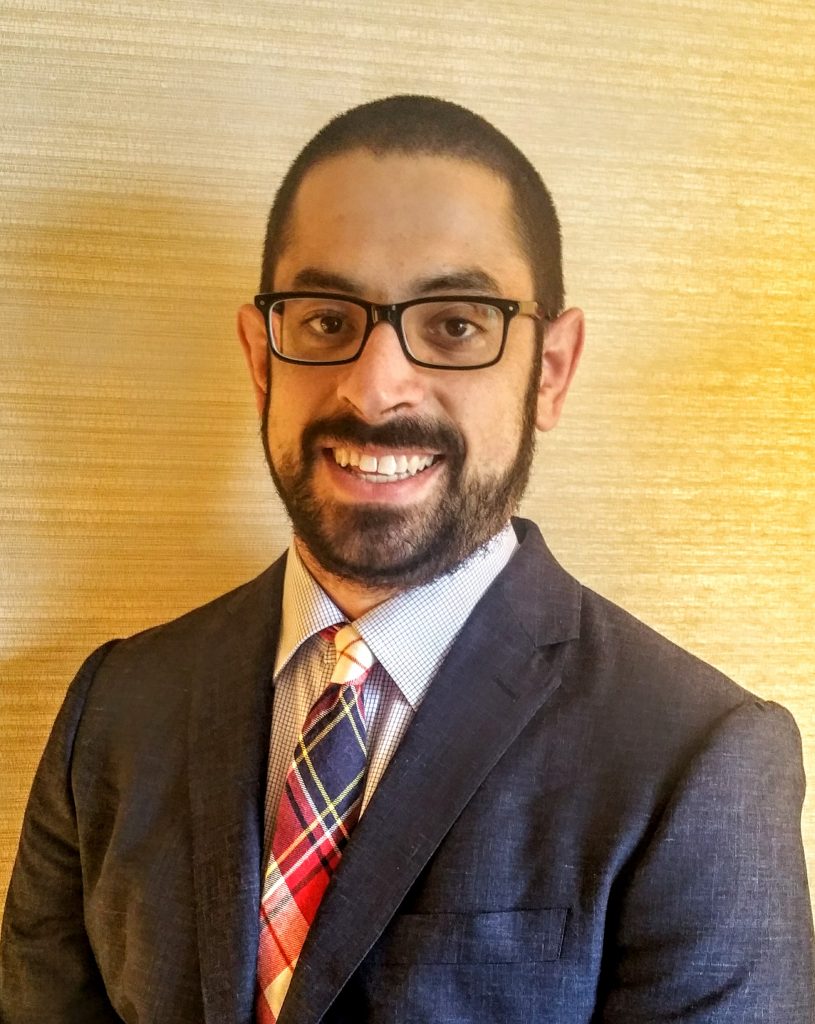
Michael Sofis, PhD
PhD in Behavioral Psychology, University of Kansas, 2018
Research interests
After completing my T32 training at Dartmouth in January of 2021, I accepted a Senior Scientist position at Advocates for Human Potential, Inc., where I now conduct research and provide consulting to better understand, prevent, and treat Substance Use Disorders. Currently, my work is focused on addressing opioid misuse, examining public health implications of cannabis legalization, and investigating strategies to mitigate harm associated with problematic or risky cannabis use. After earning my PhD in the summer of 2018, I began working with Dr. Alan Budney to leverage behavioral economic methods to better understand the factors that underlie and maintain cannabis misuse. I also collaborated with multiple Dartmouth colleagues on projects that sought to identify risky patterns of cannabis use, and I continue to do so today.
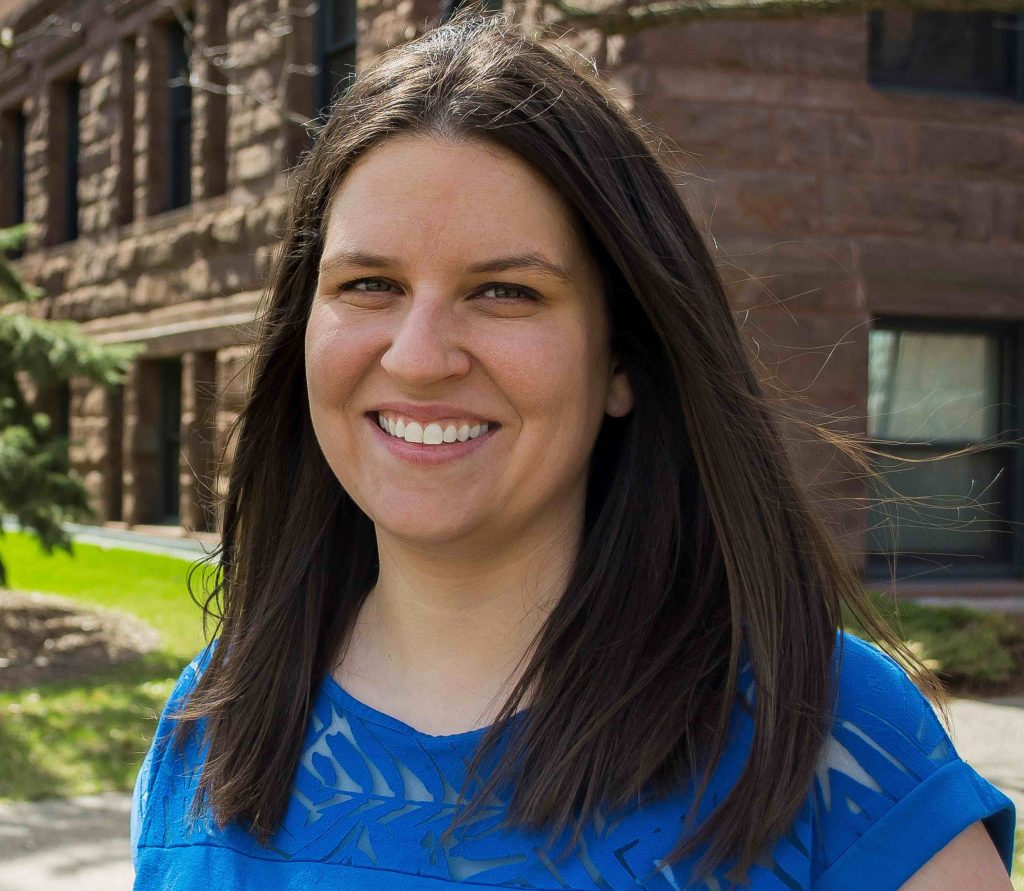
Diana Wallin, PhD
PhD in Neuroscience, University of Minnesota, 2017
BS in Physics, Massachusetts Institute of Technology, 2007
Research interests
My research interests and career path have led to my growing interest in the study of co-occurring disorders. As a graduate student I studied the effects of phlebotomy-induced anemia on brain neurochemistry, both acutely and long-term, using magnetic resonance spectroscopy. This work in early brain development and neuroimaging and has led to my current interest in disentangling the relative contributions of known neurodevelopmental insults that lead to a predisposition for patients with schizophrenia to develop a co-occurring substance use disorder. Under the mentorship of Dr. Wilder Doucette, I am currently studying the connectivity within the brain’s reward circuit using a rat model of schizophrenia created by lesioning the brain during early-life. We hope this model will lead to validation of reward circuit connectivity as a biomarker to further study co-occurring substance use disorders in schizophrenia.